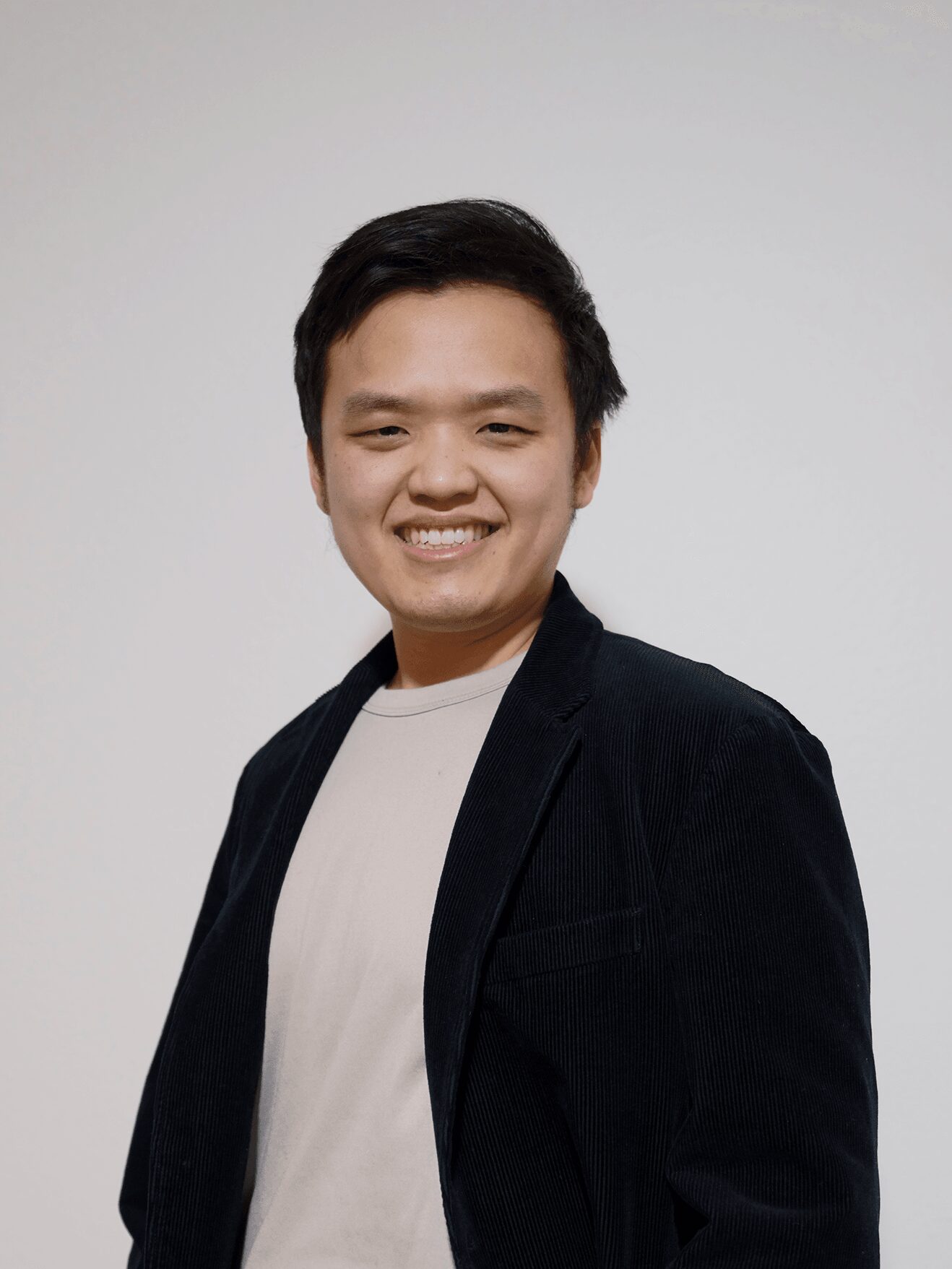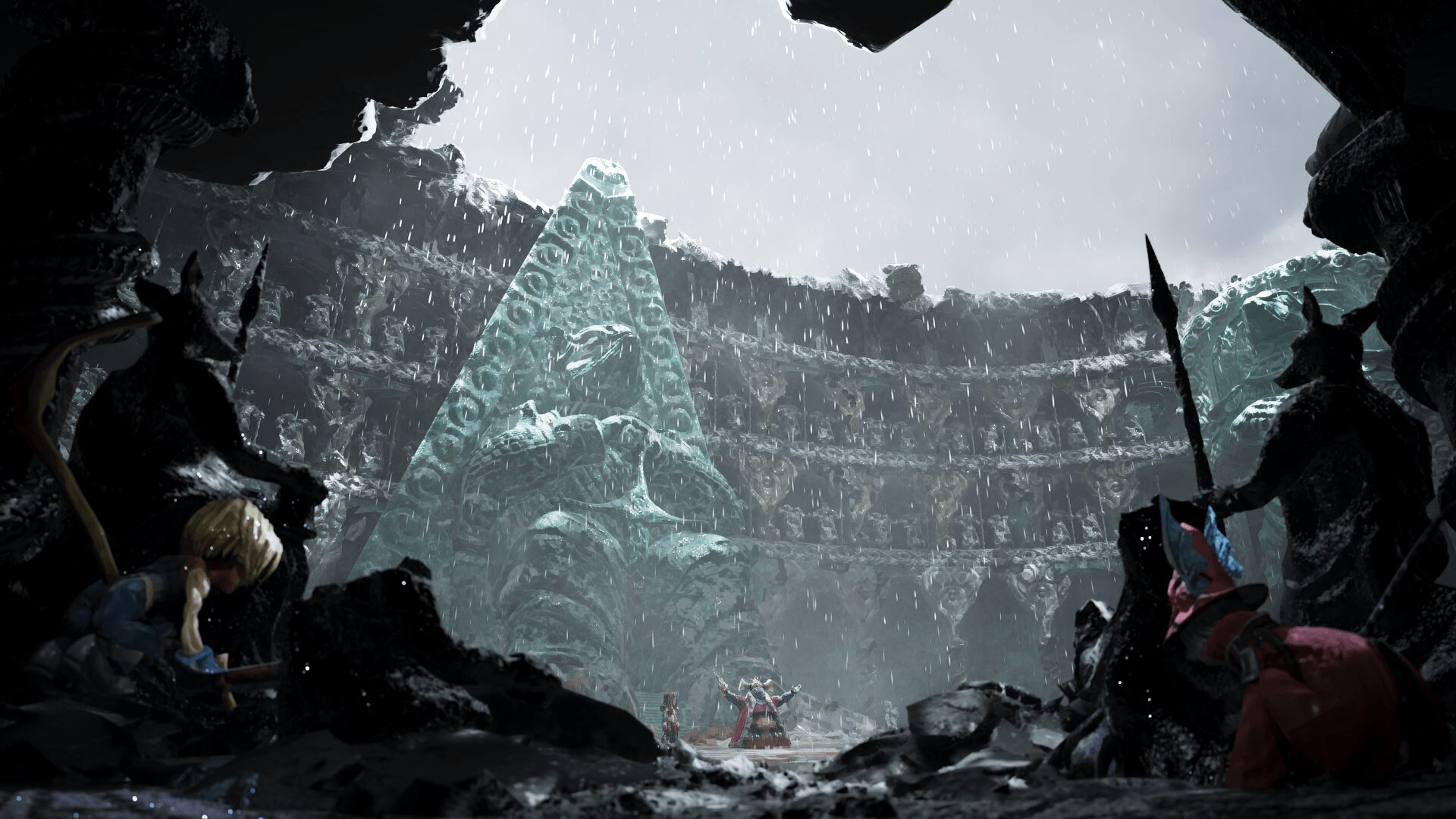

Brian Lesiangi shared their story and experiences with us recently and you can find our conversation below.
Brian, it’s always a pleasure to learn from you and your journey. Let’s start with a bit of a warmup: Have any recent moments made you laugh or feel proud?
You know, something really funny and kind of heartwarming happened to me recently. Our company went out to the premiere of the new Mission: Impossible movie. And if you’ve ever worked in this industry, you know how it goes, people get so excited, leaning forward during the credits, scanning for names to see if theirs or a friend’s pops up.
Me? I was just there for the ride. Totally into the action, munching on the popcorn, not expecting anything. I wasn’t even thinking about the credits. But then, as they started rolling, I glanced up… and I swear I did a triple-take. My name was right there, lit up on the big screen. I couldn’t believe it!
Can you briefly introduce yourself and share what makes you or your brand unique?
I’m Brian, a Senior 3D Generalist and Unreal Technical Director, but really, my story starts a lot earlier than that. I grew up in Bali, surrounded by painters, carvers, and designers, and that environment left a huge mark on me. Art was everywhere, but so were video games—and somewhere in the middle of those two worlds, I found my passion. I didn’t just want to play games or admire the craft around me, I wanted to build worlds of my own.
That drive eventually led me into VFX and real-time production, where I get to do exactly that—create immersive worlds, push visuals, and solve problems that make the impossible feel real. Over the years, I’ve worked on projects like Star Trek: Picard, The Continental, EA’s latest Mass Effect teaser trailer, The Bear season three trailer and Mission: Impossible – The Final Reckoning. Each one came with its own challenges, whether it was building photoreal environments on impossible deadlines or figuring out new workflows inside Unreal Engine.
What excites me most isn’t just the finished shot—it’s the process. I love problem-solving: developing custom Unreal tools to make things faster, breaking down technical roadblocks, or guiding a team through tough creative calls. And just as important, I love mentoring juniors and watching them grow into confident artists—it’s incredibly rewarding to see them light up when something clicks.
When I’m not working, I still find myself drawn to the same things that inspired me growing up: video games, design, and exploring new ways that art and technology overlap. For me, VFX isn’t just a job—it’s a way to keep pushing creativity forward, whether that’s on screen, in real-time, or in the ideas I’m sketching after hours.
Amazing, so let’s take a moment to go back in time. What did you believe about yourself as a child that you no longer believe?
Oh, this is a good one, and something I’ve actually thought a lot about. When I was a kid, I honestly used to think that true success was mostly about being born into the ‘right’ family – you know, having all the advantages handed to you – or just getting incredibly lucky. It was almost like a predetermined path for some people, and not really within reach for others. I’d look at successful individuals and just assume their background was the sole reason for their achievements.
But as I’ve grown up, and especially through my own journey in VFX—navigating tough projects, mentoring juniors, and even turning around productions that others thought were impossible—I’ve completely shed that belief. It’s been a significant shift for me. Now, I really see that success is profoundly about understanding yourself – knowing your strengths, being aware of what you need to work on, and truly believing in your own potential. It’s about leveraging what makes you unique. I genuinely believe that anything is possible for anyone, as long as you put in the effort to discover your worth, focus on what you excel at, and are humble enough to recognize where you might need help or growth. It’s a much more empowering and motivating way to look at the world.
If you could say one kind thing to your younger self, what would it be?
I’d tell my younger self that it’s okay to be different. You don’t need to like sports or follow the same hobbies as everyone else just to belong. The things that set you apart—the hours you spend sketching, diving into games, and getting curious about worlds no one else is thinking about—those are the very things that will carry you forward.
One day, you’ll see that being different isn’t a weakness, it’s your superpower. And when you embrace it fully, you’ll realize something simple but powerful: anything is possible!
I think our readers would appreciate hearing more about your values and what you think matters in life and career, etc. So our next question is along those lines. What’s a cultural value you protect at all costs?
A cultural value I protect at all costs is harmony. Growing up in Bali, I was surrounded by a philosophy called Tri Hita Karana, which translates to ‘three causes of well-being’: harmony with God, harmony among people, and harmony with nature. It’s not just a spiritual idea, it’s something you see in daily life, from the canang sari offerings on doorsteps to the Subak irrigation system that balances farming, community, and ceremony.
That philosophy shaped how I see the world and how I work. In VFX and real-time production, harmony means respecting people’s ideas, collaborating with humility, and finding balance between technology and creativity. I’ve always believed that being ‘different’—not following the mainstream—actually gives you a unique perspective, and when you combine that individuality with respect for others and your environment, anything is possible.
It’s a value I carry with me into every project: to lead with respect, create balance in the chaos, and remember that success isn’t just about what you achieve, but how you stay connected to people, culture, and the world around you.
Okay, so let’s keep going with one more question that means a lot to us: What is the story you hope people tell about you when you’re gone?
I hope people tell the story of someone who lived with kindness, curiosity, and respect. Someone who wasn’t afraid to be different, who grew up surrounded by art and games and turned that into a way of connecting with others.
I’d want to be remembered as the person who encouraged people to trust their own path—that their uniqueness wasn’t something to hide but something to celebrate. That success isn’t about fitting in, it’s about finding harmony with yourself, with others, and with the world around you.
If people remember me as someone who made them feel seen, who believed in them when they doubted themselves, and who showed them that anything is possible when you lean into what makes you unique. That would be enough.
Contact Info:
- Website: https://briannl.net/
- Instagram: https://www.instagram.com/brian_lesiangi/
- Linkedin: https://www.linkedin.com/in/briannl/
- Other: https://www.artstation.com/briannl






















